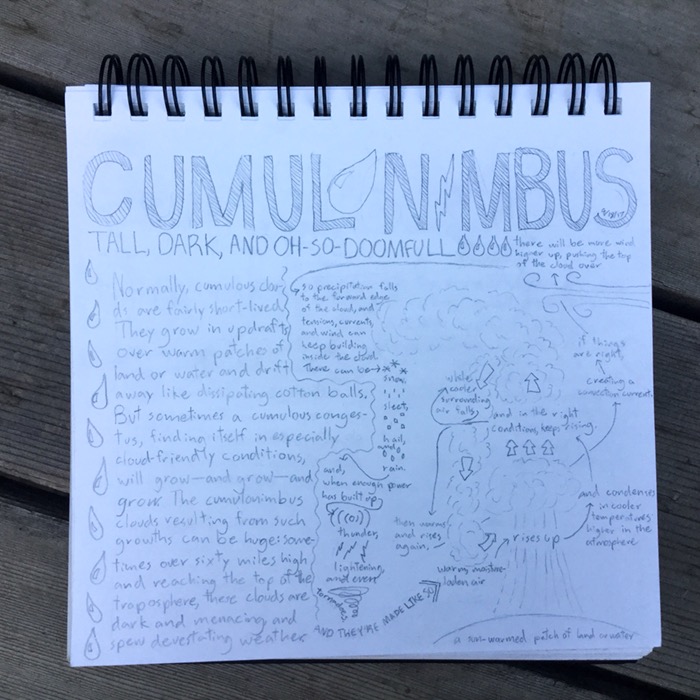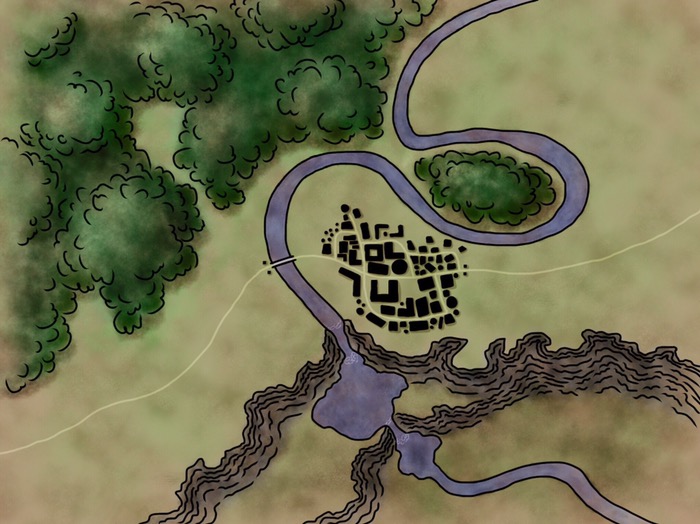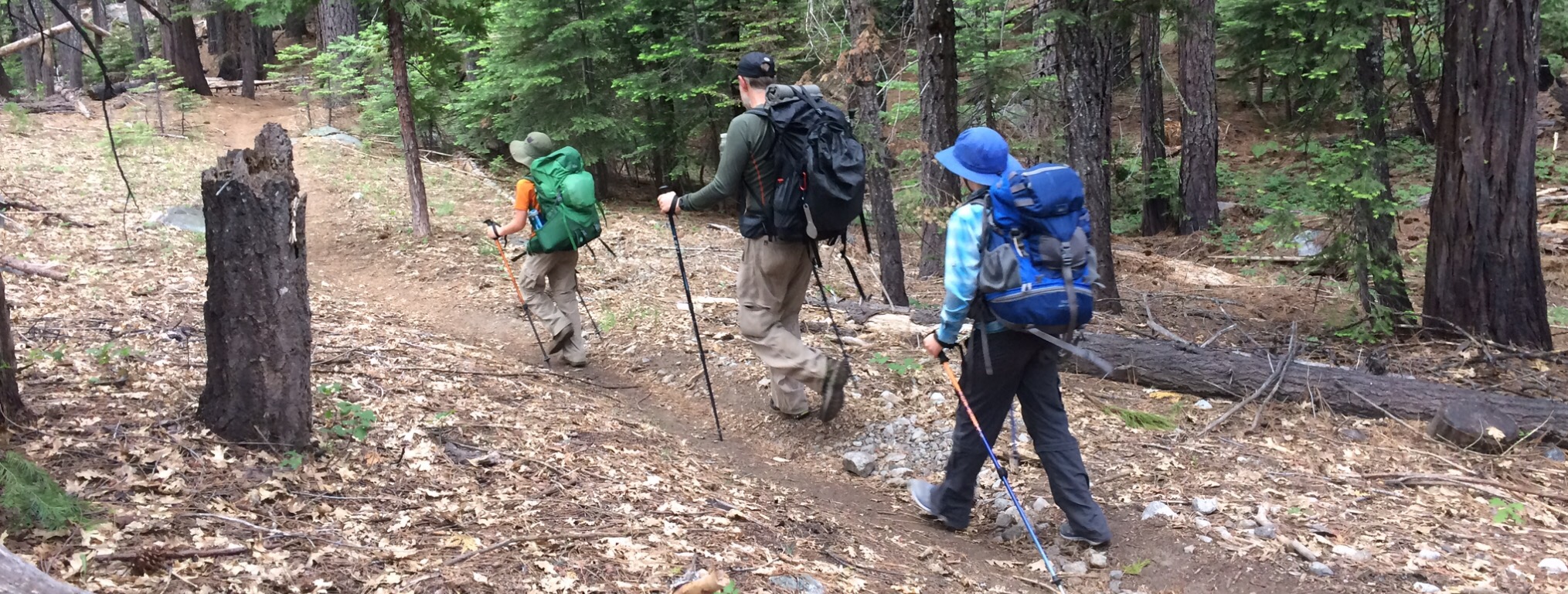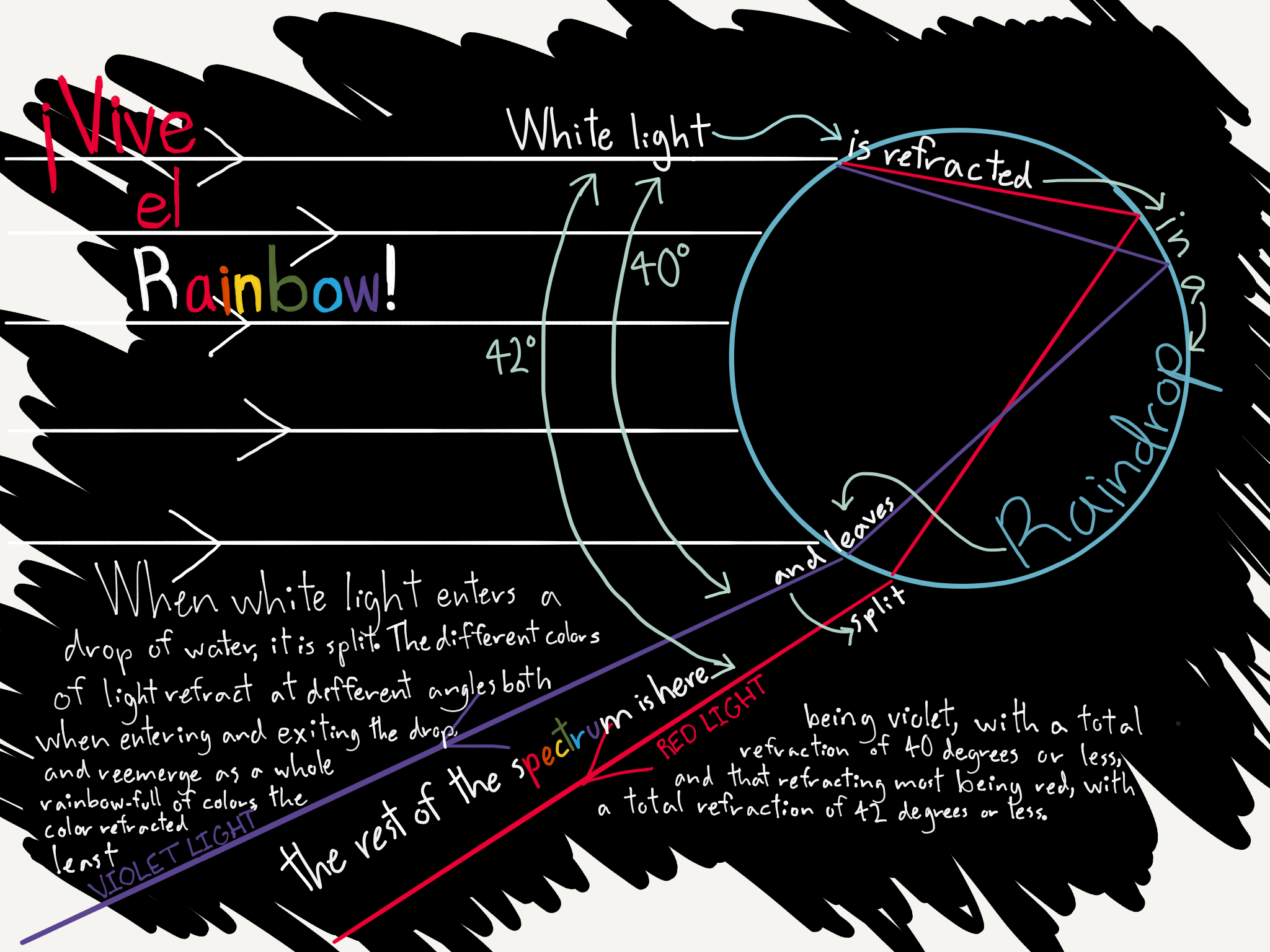I do not often feel that I am a lone, lorn creature, and everything goes contrarywise with me, but I did during the latter part of cooking dinner yesterday evening. Everything went all right until I began cutting up the bell peppers. The butternut squash, potatoes, and carrots stewed nicely, and the sausage was cut into uniform pieces. Then I put the sausage into a pot, and being pleased with my successes regaled Justin with Rapunzel while cutting up bell pepper.
Unfortunately, I was so intent upon my story and peppers that I forgot to stir the sausages. Consequently, although they acted out of the mere nature of sausage and not out of malice aforethought, the sausage burnt. Not wishing to set burnt sausage before my family, who will in all likelihood suffer enough at my hands in the way of cookery without the addition of unusually unnecessary amounts of carbon, I fished out the burnt pieces after finishing up cutting the peppers. Feeling that it would be the worse part of thrift to throw away completely the burnt pieces of sausage, I carefully cut off the burnt parts. The sausage returned to the pan and the bell peppers and frozen spinach added, I turned again to the soup. But, alas! The root vegetables had been enjoying themselves so much with the chicken broth I had allowed them to share their pot with that they had imbibed every last bit. That was the point at which I began to feel that everything I put my hand to did the reverse of flourishing, and though not exactly unhappy, I became rather low in my spirits and felt tired. Anyhow, since this seems to have turned rather to the fate of this evening's supper than to my lornness, I had best conclude the story as I may.
Dad, upon seeing the vegetables in their state of liquid-less yet decidedly not arid mush, declared himself baffled as to what I ought to do, but told me that that was not how butternut-squash-soup-in-the-making was supposed to look, a fact I was already cognizant of. (I may take this opportunity to remark that the vegetables were at least not much burned—small comfort, but comfort still.) Well, Dad consulted with Mom, who recommended the addition to my pot of four cups vegetable stock, that being the identical quantity of broth as I had used before, when adding chicken broth and naively thinking all would go as prophesied by the recipe. Having mixed my four cups of stock from a mingling of cool tap water, warm tea kettle water, and the prescribed amount of vegetable-flavored “Better Than Bullion,” a thing like condensed stock, and of a texture somewhat thicker than toothpaste, I added the new-formed stock to the pot. The mess did not look solved when the inexperienced stock and veteran vegetables were gently coaxed to make friends by the means of a spoon, but I resorted to sterner measures and by the end of a course of immersion blending, all the ingredients were very good friends, indissoluble and quite inseparable. A can of coconut milk, some curry powder, and salt, that indispensable sodium chloride of cookery, finished the list of ingredients, and I had a soup quite nicely rounded off, if not exactly what Mom's rendition of the same recipe turns out as.
How the soup was a little too cool when served and the bell peppers not quite sufficiently cooked are tales for another day; I shall end now on the happy note that the soup was really quite good in the event.
 It isn’t a good idea, for various reasons, to put a full-size image in a post; but if you’d like to see a larger version of this photo, you can find one
It isn’t a good idea, for various reasons, to put a full-size image in a post; but if you’d like to see a larger version of this photo, you can find one 

